LIFE
Septic Success: 16 Tips to Avoid a Stinky Situation
Published
9 months agoon

Shutterstock
Maintaining your septic tank is essential for preventing costly repairs and ensuring the longevity of your septic system. Proper care and routine maintenance can keep your system running efficiently and avoid potential health hazards. This guide provides 16 practical tips to help you keep your septic tank in top condition. From regular inspections and pumping to educating household members on proper waste disposal, these steps will help you maintain a healthy and effective septic system. Follow these tips to protect your investment and ensure your septic system operates smoothly for years to come.
Regular Inspections and Pumping
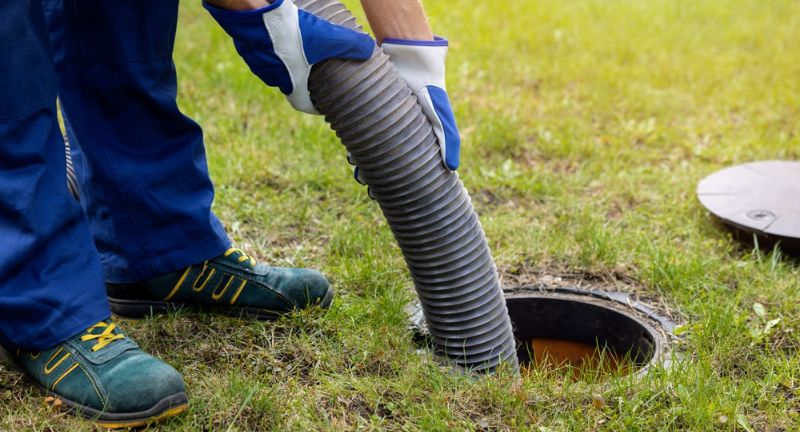
Shutterstock
Have your septic system inspected at least every three years by a professional. Regular inspections help identify potential issues before they become major problems. Pump your septic tank every three to five years, depending on your household size and tank capacity. This prevents sludge build-up, which can lead to system failure.
Use Water Efficiently

Shutterstock
Reducing water usage lessens the load on your septic system. Install high-efficiency toilets, showerheads, and faucets to save water. Fix any leaky faucets or toilets promptly to avoid unnecessary water entering the system. Efficient water use extends the life of your septic system and reduces the risk of failure.
Proper Waste Disposal
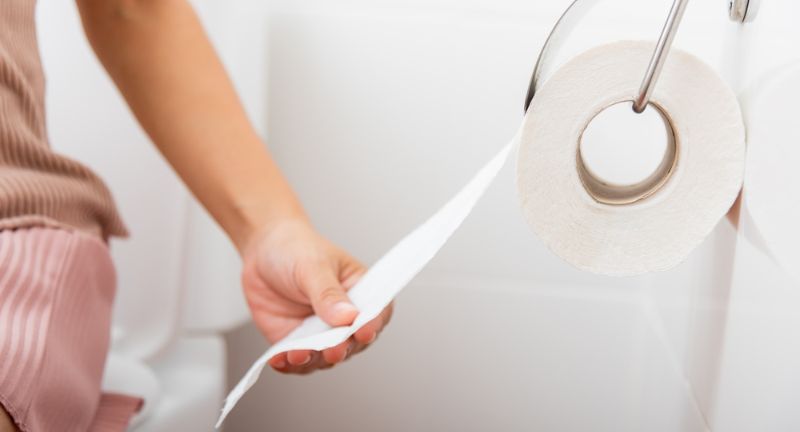
Shutterstock
Only flush human waste and toilet paper to avoid clogs and damage. Do not flush items like sanitary products, diapers, wipes, coffee grounds, and household chemicals. These items can block pipes and disrupt the balance of bacteria in your septic tank. Proper waste disposal keeps your septic system functioning smoothly.
Maintain Your Drainfield
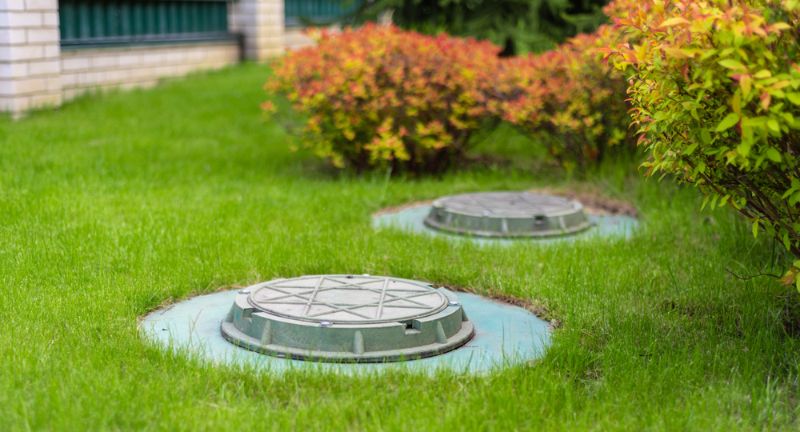
Shutterstock
Avoid parking or driving on your drainfield to prevent compaction and damage. Plant grass over the drainfield to prevent soil erosion and promote evaporation. Keep trees and shrubs away from the drainfield to avoid root intrusion, which can block and damage pipes. Maintaining your drainfield ensures proper wastewater treatment and absorption.
Spread Out Laundry and Dishwasher Loads

Shutterstock
Doing all your laundry or dishes in one day can overwhelm your septic system. Spread these tasks throughout the week to give your septic system time to treat wastewater. This reduces the risk of overloading and potential system failure. Balancing your water usage helps maintain your septic system’s efficiency.
Use Bacteria Additives Wisely
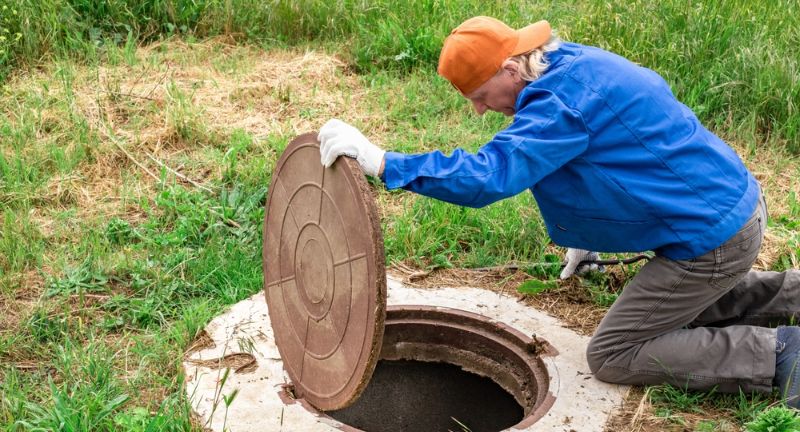
Shutterstock
Bacterial additives can help maintain a healthy balance of bacteria in your septic tank. However, not all additives are beneficial, and some may even harm your system. Consult a professional before using any additives to ensure they are appropriate for your system. Proper use of additives can enhance your septic system’s performance.
Avoid Using Harsh Chemicals
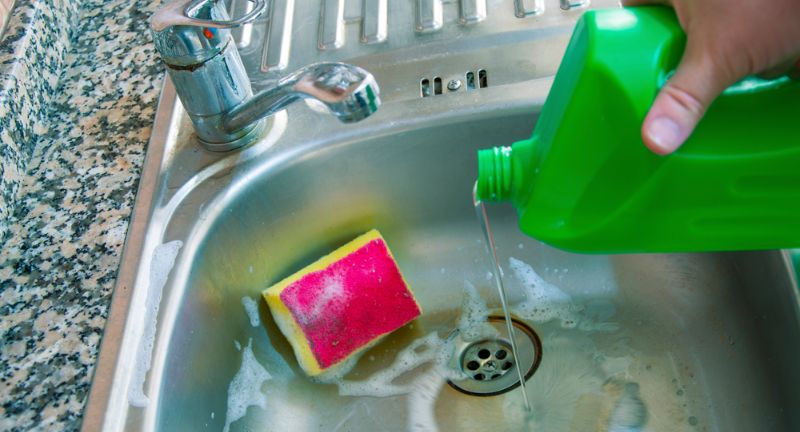
Shutterstock
Harsh chemicals can kill beneficial bacteria in your septic tank, disrupting the treatment process. Use septic-safe cleaning products to protect your system. Avoid pouring chemicals, oils, and medications down the drain, as they can harm your septic system and the environment. Keeping chemicals out of your septic system helps maintain its efficiency.
Direct Rainwater Away from the Drainfield
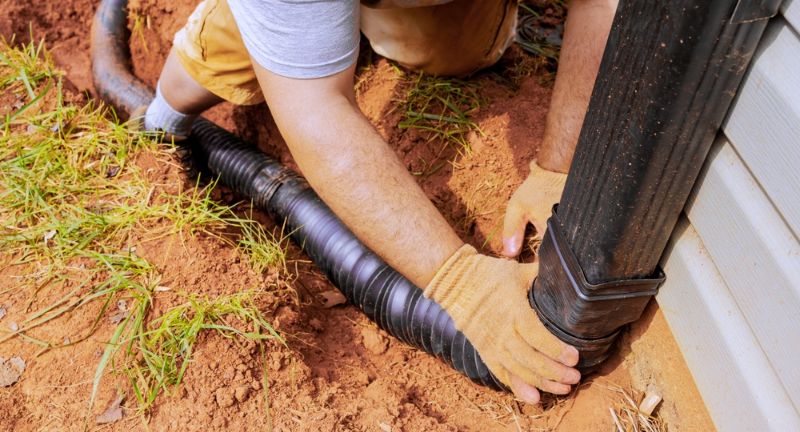
Shutterstock
Ensure that gutters, downspouts, and landscaping direct rainwater away from the drainfield. Excess water can saturate the soil, preventing proper wastewater treatment. This can lead to system overload and potential failure. Proper drainage around your drainfield helps maintain its functionality and longevity.
Do Not Use Garbage Disposals Excessively

Shutterstock
Garbage disposals can increase the amount of solids in your septic tank, requiring more frequent pumping. Limit their use to reduce the load on your system. Consider composting kitchen scraps instead of using the disposal. Reducing solid waste helps maintain your septic tank’s capacity and efficiency.
Fix Leaky Faucets and Toilets
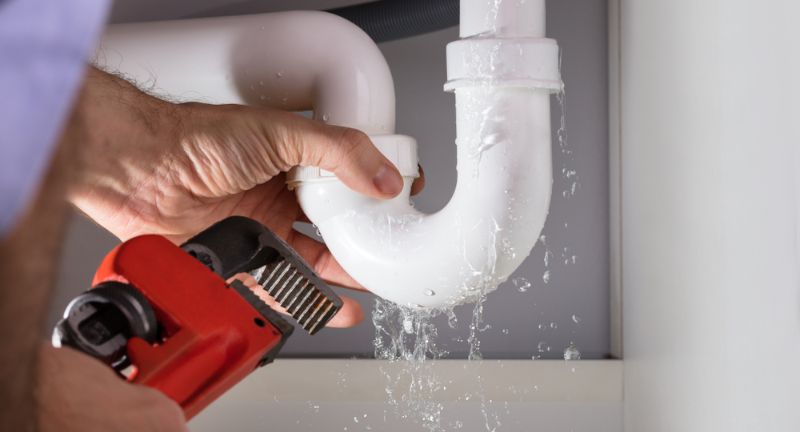
Shutterstock
Leaky faucets and running toilets can add unnecessary water to your septic system. This excess water can overload the system, leading to potential failure. Fix any leaks promptly to conserve water and protect your septic system. Regular maintenance of plumbing fixtures supports the health of your septic system.
Install a Filter

Shutterstock
Install an effluent filter on the outflow pipe of your septic tank. This filter helps prevent solids from entering the drainfield, protecting it from clogging. Regularly clean or replace the filter as recommended by your professional. An effluent filter is a simple addition that can significantly extend the life of your drainfield.
Monitor Sludge Levels
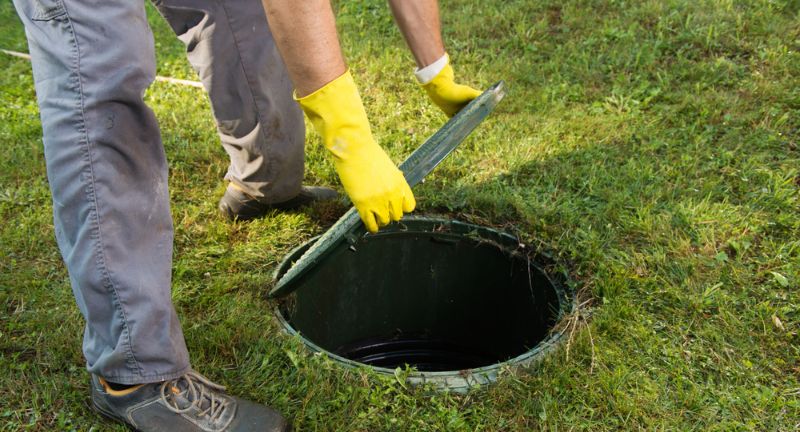
Shutterstock
Regularly check the sludge levels in your septic tank to ensure they do not exceed the recommended capacity. Excessive sludge can lead to backups and system failure. Use a professional to measure sludge levels during regular inspections. Keeping sludge levels in check maintains your septic system’s effectiveness and prevents costly repairs.
Educate Household Members

Shutterstock
Ensure everyone in your household understands the importance of proper septic system maintenance. Teach them what can and cannot be flushed or poured down the drain. Encourage water conservation and regular maintenance habits. Educated household members contribute to the overall health and longevity of your septic system.
Keep Records

Shutterstock
Maintain detailed records of all inspections, pumping, and repairs performed on your septic system. These records can be invaluable for future maintenance and if you decide to sell your home. Keeping track of your septic system’s history helps identify patterns and potential issues. Organized records support proactive septic system care.
Watch for Warning Signs
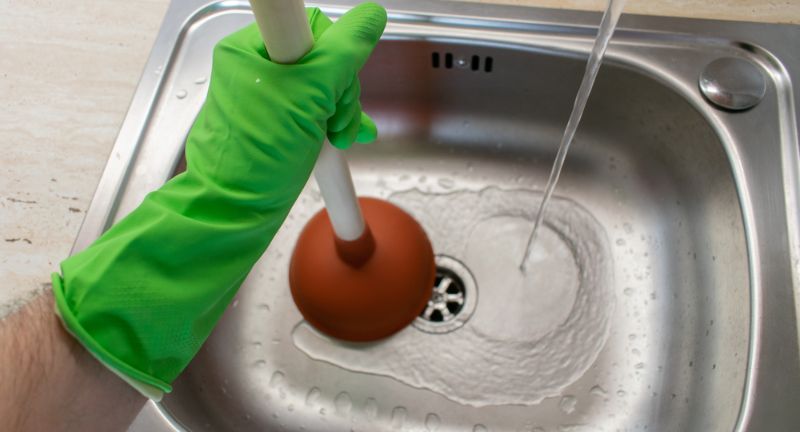
Shutterstock
Be aware of warning signs that may indicate septic system problems. These include slow drains, gurgling sounds in plumbing, sewage odors, and wet spots in the yard. Address these signs promptly by contacting a professional for an assessment. Early detection of issues can prevent more significant problems and costly repairs.
Hire a Professional for Repairs

Shutterstock
If you notice any issues with your septic system, hire a licensed professional to assess and repair the problem. Attempting to fix septic problems yourself can lead to further damage and health hazards. Professionals have the expertise and equipment to handle septic system repairs safely and effectively. Trusting a professional ensures your septic system is properly maintained and repaired.
Conclusion

Shutterstock
By following these 16 tips, you can ensure your septic system remains in excellent condition, preventing unexpected and costly issues. Regular maintenance and mindful practices are key to a healthy and long-lasting septic tank. Educate your household on proper waste disposal and water usage to further support your system’s efficiency. Remember, a little preventative care goes a long way in maintaining the health of your septic system. Keep these guidelines in mind to enjoy peace of mind and a smoothly operating septic system for years to come.
Related Topics:

More From Lifestylogy
-


Forget New Year’s Resolutions – Try This Instead!
-


Top Regrets People Have When Dying and How to Avoid…
-


Real Housewives Star Expecting Twins
-


Doctor Shares Five Ways to Avoid a Hangover
-


Elon Musk Predicts This City Will Become the Next Boomtown
-


Big Bang Theory Star Shares Christmas Struggles
-


Celebs Share Elf on the Shelf Pictures
-


Packing a Diaper Bag – What You Need and What…
-


24 Fruits That Are Great Additions For All Your Fall…